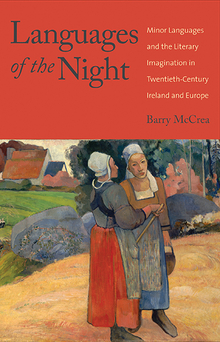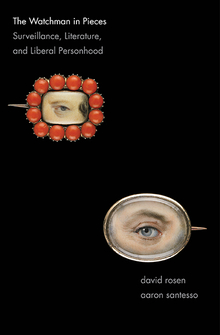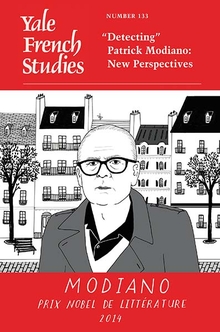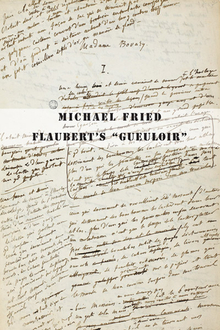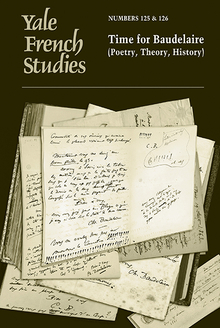Harems of the Mind
WARNING
You are viewing an older version of the Yalebooks website. Please visit out new website with more updated information and a better user experience: https://www.yalebooks.com
Passages of Western Art and Literature
Ruth Bernard Yeazell
Fascinating and mysterious, the idea of the harem long captured the imagination of the West. The Muslim practice of concealing the women of the household from the eyes of alien men tempted Europeans to extravagant projections of their own wishes and fears. This intriguing book examines the art that resulted. Drawing on a wide range of evidence from the late seventeenth century to the early twentieth century—including travel writing, literature, painting, and even opera—Ruth Bernard Yeazell demonstrates the surprising variety of expressions inspired by the harem of the Western imagination.
The book provides both a rich account of changing perceptions of the harem and a demonstration of the tenacious persistence of myth and stereotype. Yeazell shows that Europe’s hunger for facts about the harem combined repeatedly with the impulse to fantasize. Masculine erotic fantasies of the harem were reflected in the paintings of Ingres and Delacroix, the writings of de Sade, Byron, and Loti, and the work of anonymous pornographers. Alternate representations portrayed the harem as a prison or a locus of freedom, a place of murderous rivalry or a home of loving sisterhood, a chamber of erotic license or a nightmarish snare of frustration and ennui. And Montesquieu, Mozart, and Charlotte Brontë among others explored in their art the opposition of the imaginary pleasures of the harem to the freely chosen union of a loving couple. In a nuanced reading of Ingres’s Bain turc andother works, Yeazell concludes that for some the appeal of the harem lay in the fantasy of eluding time and death.
The book provides both a rich account of changing perceptions of the harem and a demonstration of the tenacious persistence of myth and stereotype. Yeazell shows that Europe’s hunger for facts about the harem combined repeatedly with the impulse to fantasize. Masculine erotic fantasies of the harem were reflected in the paintings of Ingres and Delacroix, the writings of de Sade, Byron, and Loti, and the work of anonymous pornographers. Alternate representations portrayed the harem as a prison or a locus of freedom, a place of murderous rivalry or a home of loving sisterhood, a chamber of erotic license or a nightmarish snare of frustration and ennui. And Montesquieu, Mozart, and Charlotte Brontë among others explored in their art the opposition of the imaginary pleasures of the harem to the freely chosen union of a loving couple. In a nuanced reading of Ingres’s Bain turc andother works, Yeazell concludes that for some the appeal of the harem lay in the fantasy of eluding time and death.
Ruth Bernard Yeazell is Chace Family Professor of English and director of the Lewis Walpole Library at Yale University.
“The principal strengths of Harems of the Mind are its extraordinarily broad range of references (particularly to little-known works by women writers) and the clarity and elegance of Yeazell’s prose. The author’s impressive knowledge means that she is able to organize representations into coherent thematic groups, to identify the principal topoi of this corpus, and to compare and contrast representations in a manner that highlights both shared preoccupations and unexpected differences.”—Madeleine Dobie, Eighteenth Century Fiction
“I enjoyed this book enormously, and so will anyone interested in Orientalism and the ways in which the West has imagined the East for the past five hundred years. Ruth Bernard Yeazell’s research is extraordinary and her erudition impressive. . . . Clearly accomplished in comparative reading, Yeazell draws together a range of examples for the reader that illuminates, as few other sources have, how profound and intent the West’s engagement was with what it understood as the Orient.”—Reina Lewis, Nineteenth-Century Literature
“[In] Harems of the Mind, . . . Yeazell examines how a mysterious Middle Eastern institution captivated the Western imagination and put its mark on European culture. . . . Yeazell examines some of the paintings, illustrations, novels, plays and operas that grew out of this fascination and shows how those works reflected myth rather than reality.”—Dorie Baker, Yale Bulletin and Calender
“I enjoyed this book enormously, and so will anyone interested in Orientalism and the ways in which the West has imagined the East for the past five hundred years. Ruth Bernard Yeazell’s research is extraordinary and her erudition impressive. . . . Clearly accomplished in comparative reading, Yeazell draws together a range of examples for the reader that illuminates, as few other sources have, how profound and intent the West’s engagement was with what it understood as the Orient.”—Reina Lewis, Nineteenth-Century Literature
“I enjoyed this book enormously, and so will anyone interested in Orientalism and the ways in which the West has imagined the East for the past five hundred years. Ruth Bernard Yeazell’s research is extraordinary and her erudition impressive. . . . Clearly accomplished in comparative reading, Yeazell draws together a range of examples for the reader that illuminates, as few other sources have, how profound and intent the West’s engagement was with what it understood as the Orient.”—Reina Lewis, Nineteenth-Century Literature
ISBN: 9780300198713
Publication Date: April 16, 2013
Publication Date: April 16, 2013
328 pages, 6 1/8 x 9 1/4
37 b/w + 22 color illus.
37 b/w + 22 color illus.


